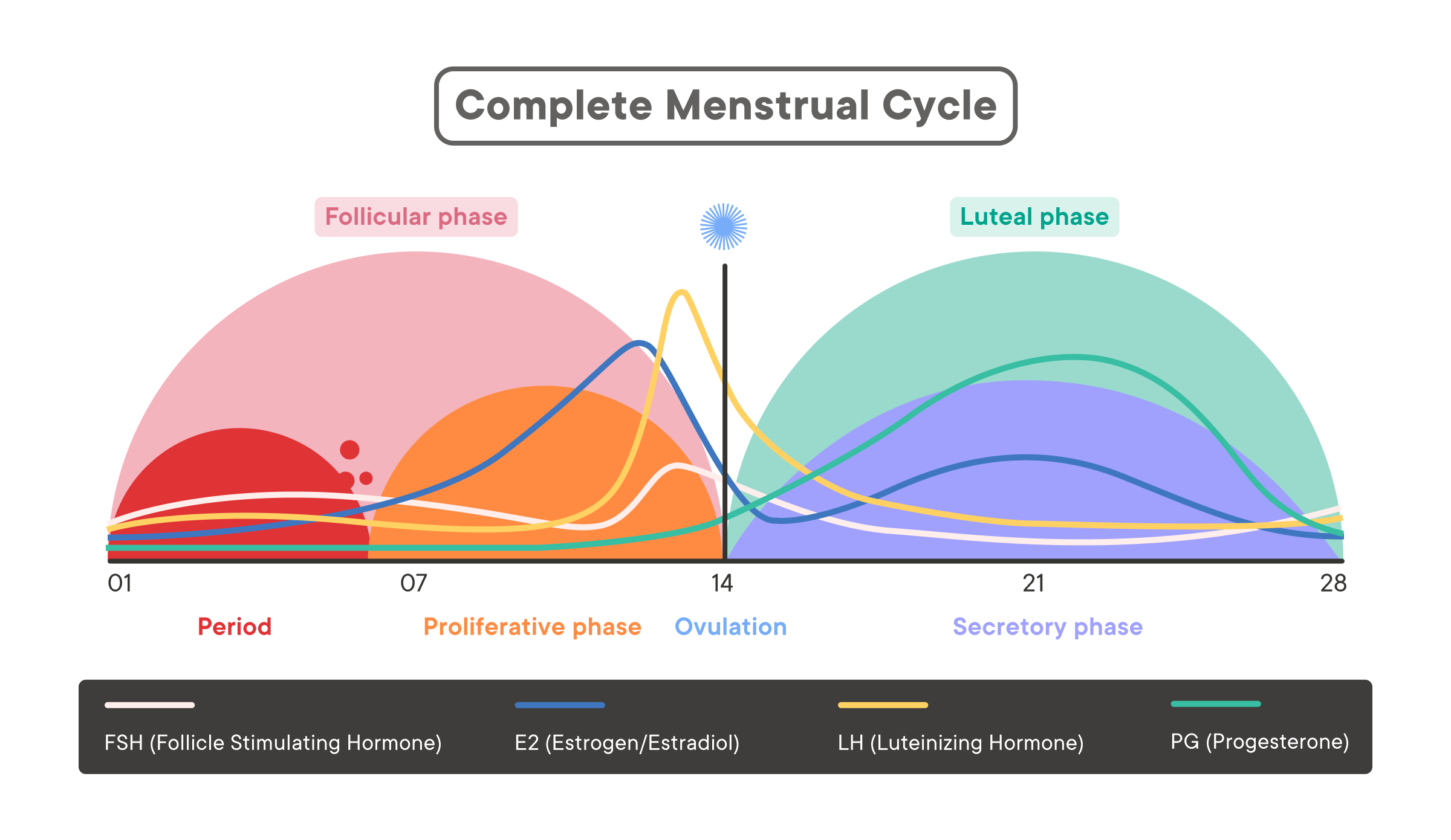Chronobiology and Personal Health: Optimizing Your Body's Natural Rhythms
Discover how aligning with your body’s natural rhythms enhances sleep, health, and productivity.Chronobiology and Personal Health: Optimizing Your Body's Natural Rhythms
Have you ever felt completely out of sync with your body? Maybe you're dragging yourself out of bed in the morning, fighting to stay awake during the day, then lying wide-eyed at night when you should be fast asleep. If this sounds familiar, you're not alone. Many of us are living in a constant state of circadian confusion, and it's taking a toll on our health and well-being.
As a chronobiologist and health coach, I've seen firsthand how understanding and aligning with our body's natural rhythms can dramatically improve sleep, boost productivity, and enhance overall health. Let's dive into the fascinating world of chronobiology and discover how you can harness the power of your internal clock.

What is Chronobiology?
Chronobiology is the study of biological rhythms and how they interact with our environment. It's like the science of your body's internal symphony, with each instrument playing its part at just the right time. At the heart of chronobiology are our circadian rhythms – the roughly 24-hour cycles that govern various physiological processes in our bodies.
Understanding Circadian Rhythms
Circadian rhythms are like your body's personal timekeeper, influencing everything from when you feel sleepy to when you're most alert. These rhythms are primarily controlled by the suprachiasmatic nucleus (SCN), a tiny region in your brain that acts as the conductor of this biological orchestra[1].
The SCN responds to external cues called zeitgebers (German for "time givers"), with light being the most powerful. When light hits your eyes, it signals to the SCN that it's daytime, kickstarting a cascade of hormonal and physiological changes[1].
The Science Behind Our Internal Clocks
Our internal clocks are incredibly sophisticated. The SCN coordinates the release of various hormones throughout the day, including melatonin (the sleep hormone) and cortisol (the wake-up hormone). As evening approaches, melatonin levels rise, making you feel sleepy. In the morning, cortisol levels peak, helping you feel alert and ready to start the day[1].

How Circadian Rhythms Affect Our Health
The impact of circadian rhythms on our health is profound and far-reaching. Here are just a few areas where they play a crucial role:
- Sleep-Wake Cycles: A well-regulated circadian rhythm helps you fall asleep easily at night and wake up refreshed in the morning[1].
- Metabolism and Weight Management: Your body's ability to process food varies throughout the day. Late-night eating, for example, can disrupt your circadian rhythm and potentially contribute to weight gain[2].
- Mood and Mental Health: Disruptions to circadian rhythms have been linked to mood disorders like depression and bipolar disorder[5].
- Cognitive Performance: Your brain's peak performance times are influenced by your circadian rhythm. Understanding your personal rhythm can help you schedule important tasks when you're most alert[3].
- Physical Performance: Athletes, take note! Your body temperature, hormone levels, and even pain threshold fluctuate throughout the day, affecting your physical performance[4].
Common Disruptors of Circadian Rhythms
In our modern world, there are many factors that can throw our internal clocks out of whack:
- Jet lag and shift work
- Blue light exposure from devices
- Irregular eating patterns
- Stress and anxiety
Optimizing Your Circadian Rhythm for Better Health
The good news is that with some simple lifestyle adjustments, you can help your body get back in sync:
- Create a consistent sleep schedule: Try to go to bed and wake up at the same time every day, even on weekends.
- Manage light exposure: Get plenty of natural light during the day and limit blue light exposure in the evening.
- Time your meals and exercise: Try to eat and exercise at consistent times each day.
- Develop a wind-down routine: Create a relaxing pre-bed routine to signal to your body that it's time to sleep.
Chronotypes: Are You a Night Owl or an Early Bird?
We all have a natural chronotype – our body's preferred sleep-wake cycle. Some people are early birds, naturally waking up at the crack of dawn, while others are night owls, most productive in the evening hours. Understanding and working with your chronotype, rather than against it, can significantly improve your quality of life[6].
The Future of Chronobiology in Healthcare
The field of chronobiology is rapidly evolving, with exciting implications for personalized medicine. Researchers are exploring chronotherapy – timing medical treatments to align with a patient's circadian rhythms for maximum effectiveness and minimal side effects[7].
Conclusion
Understanding and aligning with your body's natural rhythms isn't just about getting better sleep – it's about optimizing your entire life. By paying attention to your internal clock and making small adjustments to your daily routine, you can boost your energy, improve your mood, enhance your productivity, and potentially even ward off chronic health issues.
So, are you ready to start dancing to your body's natural beat? Trust me, once you get in sync, you'll wonder how you ever lived any other way.
References
- https://www.ncbi.nlm.nih.gov/pmc/articles/PMC6123576/
- https://www.jci.org/articles/view/148286
- https://www.sleepfoundation.org/circadian-rhythm
- https://economictimes.indiatimes.com/magazines/panache/how-your-biological-clock-affects-your-health-all-based-on-time-of-day/articleshow/92656481.cms
- https://www.nature.com/articles/s41398-020-0694-0
- https://www.sciencedirect.com/science/article/pii/S2090123224001334
- https://magazine.hms.harvard.edu/articles/health-disease-and-chronobiology
The Sleep Tech Boom: Gadgets and Apps for Better Rest






Comments
No comments yet. Be the first to comment!
Leave a Comment